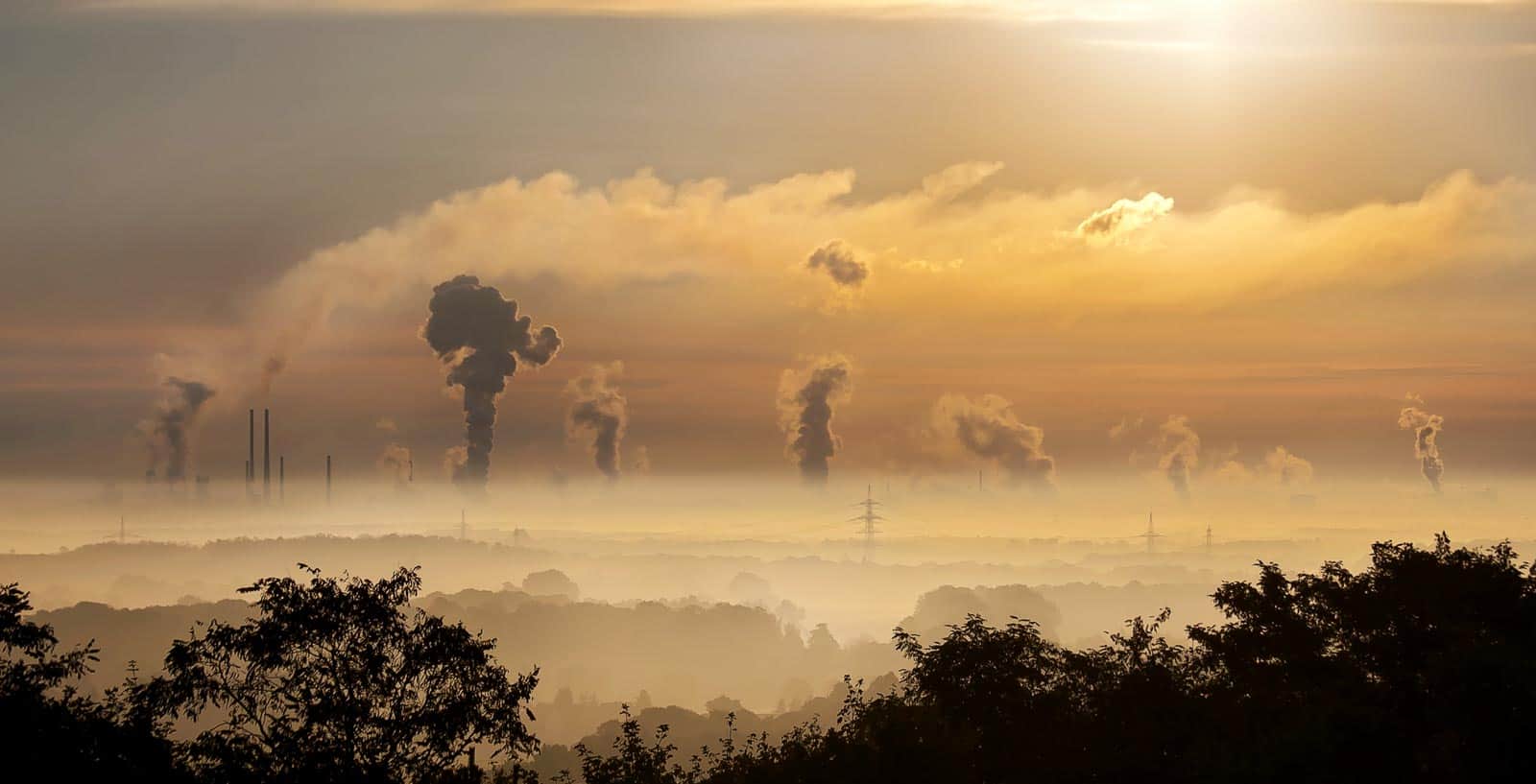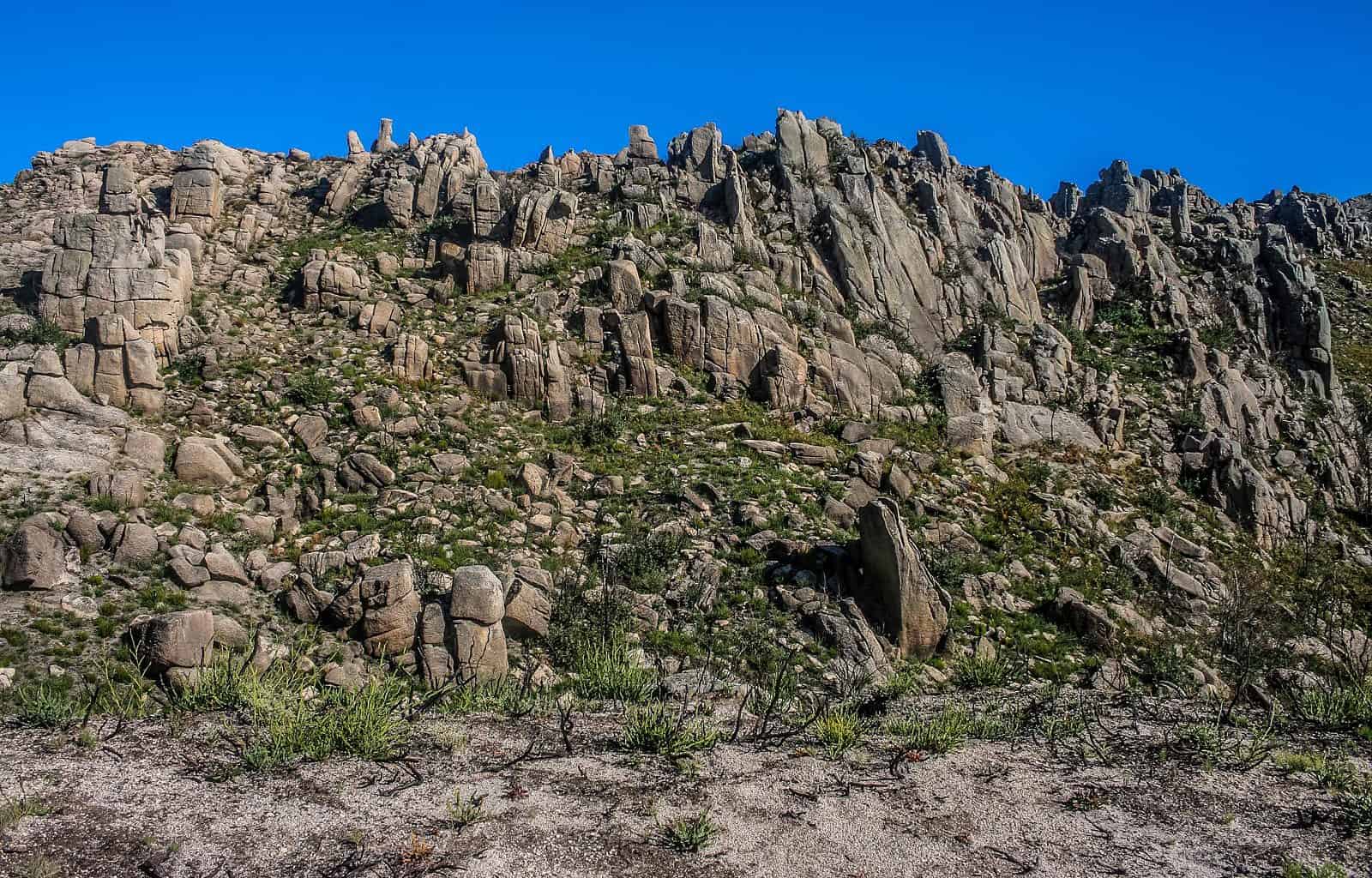Have your say in the EU nature restoration targets
One more week to share your opinion with the European Commission on the nature restoration targets of the new EU Biodiversity Strategy 2030. The public consultation is open until April 5th 2021. The Commission would like to hear your views before it finalises its proposals. Make sure to use this opportunity!
Anybody is welcome to provide input
Anybody who is interested in the new EU Biodiversity Strategy 2030 can have their say. The Commission invites public and private organisations, as well as individuals. Of particular interest is the input from organisations and people who are directly working on biodiversity protection. So are you, or do you know, somebody who works in biodiversity management, restoration and protection? Make sure you have a look at this public consultation.
Through this public consultation, the European Commission wants to gather information and feedback from stakeholders and the general public on the EU Biodiversity Strategies. In part 1, you are invited to share your vision on the strategy to 2020. Afterwards, Part 2 addresses the EU Regulation on Invasive Alien Species. And finally, Part 3 is about the key commitments of the next EU Biodiversity Strategy for 2030.
What is the EU Biodiversity Strategy 2030 for?
Through this strategy, the EU acknowledges that nature is critically important for our future. It is estimated that half of the global GDP, € 40 trillion, in fact depends on nature. Nature provides us with food and other resources, as well as health and wellbeing. Nature also provides us humans other services, the so-called ecosystem services. Furthermore, it filters the air and water we use, it protects our climates, recycles waste and makes agriculture possible through pollination. To secure all of these benefits for the future, EU wants protect intact ecosystems and restore degraded ones. This includes increasing organic farming to enhance biodiversity in our agricultural landscape and reverse the decline of pollinators.
What about Wilderness in the EU Biodiversity Strategy?
The word Wilderness only appears in the strategy one time. Right in the beginning, it states that ‘wilderness is disappearing in front of our eyes’. Nevertheless, the strategy includes focus points that will help Europe to preserve its wildest places. One of the focus points describes how EU Member States should protect 30% of land and sea by 2030. And protecting such natural areas from human destruction is the most important step for the protection of intact ecosystems and Wilderness. The EU Biodiversity Strategy thus provides a good chance to strengthen the basis for continuous Wilderness protection in the future.
Online Questionnaire
Make sure to have your say. The public consultation is carried out through an online questionnaire. The questionnaires are available in different EU languages. Go directly to the public consultation here. The public consultation will close at April 5th at midnight Central European Summer Time.









Hi Kerstin,
Rewilding per se is actually a good idea, but as you correctly point out, most rewinding areas are fenced off so that the wild animals cannot roam to other grazing grounds. This already went badly wrong in the Dutch Oostvaardersplassen, It is correct that wild animals starve often in the winter time, but before they do that they try to find other grazing grounds and this is exactly what they cannot do. Also the wild areas are normally regulated by predators and this again is not happening. An argument can be made that these animals in the rewinding areas are actually under human supervision and letting them starve is inhumane.
Wilderness should be open, the animal should be allowed to leave and predators are slowly making a come back. We can safely refrain from such experiments.
It is completely hopeless that, in Denmark, animals are starved to death in the so-called Rewilding parks (also known as Nature National Parks). The parks are State backed and paid for. The Rewilding experts, in charge of these parks, believes that not feeding the animals, durring winter, when food is spars, is completely acceptable and ‘natural’.
It is unacceptable that the animals starve cause they are fenced in and cant move for food and water. By animals I mean cows, horses and European Bison, the latter an experiment also going horrible wrong on the isle of Bornholm. I am not debating the issues of Rewilding but the way the Danish State is going about it, is completely unacceptable and I sincerely hope that EU will bring this up, with the Danish State and government, since the politicians in charge, completely ignores any attempts to have a dialog of any sorts, be it vets who repeatedly reported the animal abuse to the police, or concered citizens, except the Rewilding ‘experts’, whos only expertize apparently is starving animals and posting videos of their death struggle.
Danish animal protection law, clearly states that all animals should be kept in good feeding condition, which is not the case in several of the parks. The Danish State should be held responsible and brought to account, in stead of, they are trying to amend the Animal protection laws, so that State parks wont have to register their animals, which in turn means that there can be no control. Totally unacceptable!
The Danish government is, for some bizarre reason, hell bent on allowing this to continue this apauling path. I pray that EU can help stop this cause we cant get our politicians to even listen. Please help!